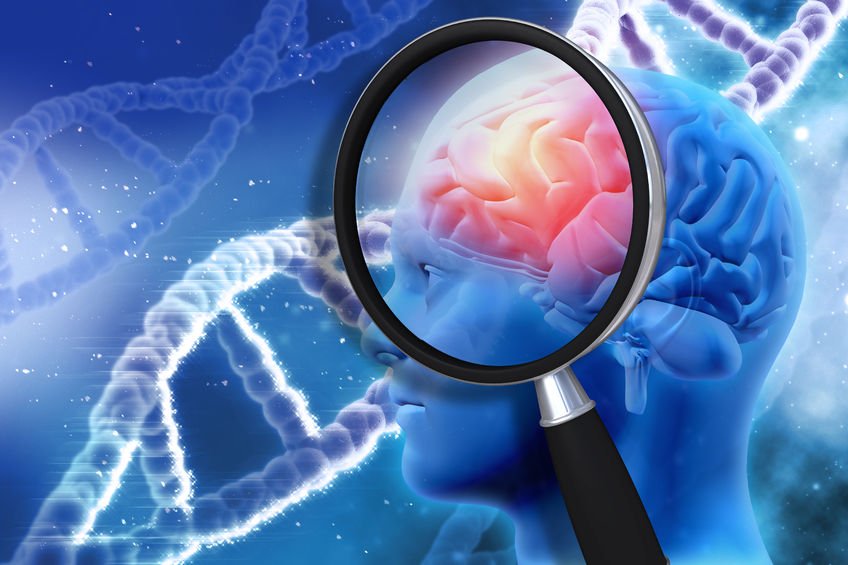Node Smith, ND
A new study from the Lancet Public Health Journal shows that over-consumption of alcohol, as in alcohol use disorder, may be one of the most crucial avoidable risk factors for all types of dementia – and especially early-onset dementia.1 The study looked at over 1 million adults diagnosed with dementia. The study was part of a nationwide observational study in France.
Study looked at alcohol addiction and those diagnosed with mental and behavioral disorders
The study specifically looked at the impact of alcohol addiction (alcohol use disorders) and also included individuals diagnosed with mental and behavioral disorders and chronic disease attributable to long-term alcohol abuse. Of 57,000 cases of early-onset dementia – dementia onset before the age of 65 – roughly 57 percent were attributed to long standing heavy drinking.
What constitutes chronic heavy drinking?
The World Health Organization (WHO) defines chronic heavy drinking as consuming more than 4-5 drinks per day for men (60 g pure alcohol), and 3 drinks for women (40 g pure alcohol).
Study recommends increased screening and intervention for heavy drinking to lower burden of dementia
The study has concluded with the recommendation for increased screening, brief intervention for heavy drinking, and treatment for alcohol use disorders to be considered in the attempt to lower the burden of dementia.
Heavy alcohol use may reduce life expectancy by 20 years
The study also shows that heavy alcohol use may reduce life expectancy by an average of 20 years, many of these deaths being caused by dementia.
Significant gender bias shown in the study’s results
There was a significant gender bias shown in the study’s results. The majority of all dementia patients were shown to be women, however, almost two-thirds (64.9%) of all early-onset cases were men.
Alcohol use disorders also linked with many independent risk factors for dementia onset
Alcohol use disorders also were seen to be linked with many independent risk factors for dementia onset – hypertension, tobacco use, depression, lower education, diabetes, hearing loss, and other modifiable risk factors. It is extremely likely that these factors play a heavy role in the link between alcohol and dementia.
Source
- Schwarzinger M, Pollock BG, Hasan OSM, Dufouil C, Rehm J. Contribution of alcohol use disorders to the burden of dementia in France 2008-13: a nationwide retrospective cohort study. Lancet Public Health. 2018.
Image Copyright: <a href=’https://www.123rf.com/profile_kjpargeter’>kjpargeter / 123RF Stock Photo</a>
 Node Smith, ND, is a naturopathic physician in Portland, OR and associate editor for NDNR. He has been instrumental in maintaining a firm connection to the philosophy and heritage of naturopathic medicine among the next generation of docs. He helped found the first multi-generational experiential retreat, which brings elders, alumni, and students together for a weekend camp-out where naturopathic medicine and medical philosophy are experienced in nature. Four years ago he helped found the non-profit, Association for Naturopathic ReVitalization (ANR), for which he serves as the board chairman. ANR has a mission to inspire health practitioners to embody the naturopathic principles through experiential education. Node also has a firm belief that the next era of naturopathic medicine will see a resurgence of in-patient facilities which use fasting, earthing, hydrotherapy and homeopathy to bring people back from chronic diseases of modern living; he is involved in numerous conversations and projects to bring about this vision.
Node Smith, ND, is a naturopathic physician in Portland, OR and associate editor for NDNR. He has been instrumental in maintaining a firm connection to the philosophy and heritage of naturopathic medicine among the next generation of docs. He helped found the first multi-generational experiential retreat, which brings elders, alumni, and students together for a weekend camp-out where naturopathic medicine and medical philosophy are experienced in nature. Four years ago he helped found the non-profit, Association for Naturopathic ReVitalization (ANR), for which he serves as the board chairman. ANR has a mission to inspire health practitioners to embody the naturopathic principles through experiential education. Node also has a firm belief that the next era of naturopathic medicine will see a resurgence of in-patient facilities which use fasting, earthing, hydrotherapy and homeopathy to bring people back from chronic diseases of modern living; he is involved in numerous conversations and projects to bring about this vision.





